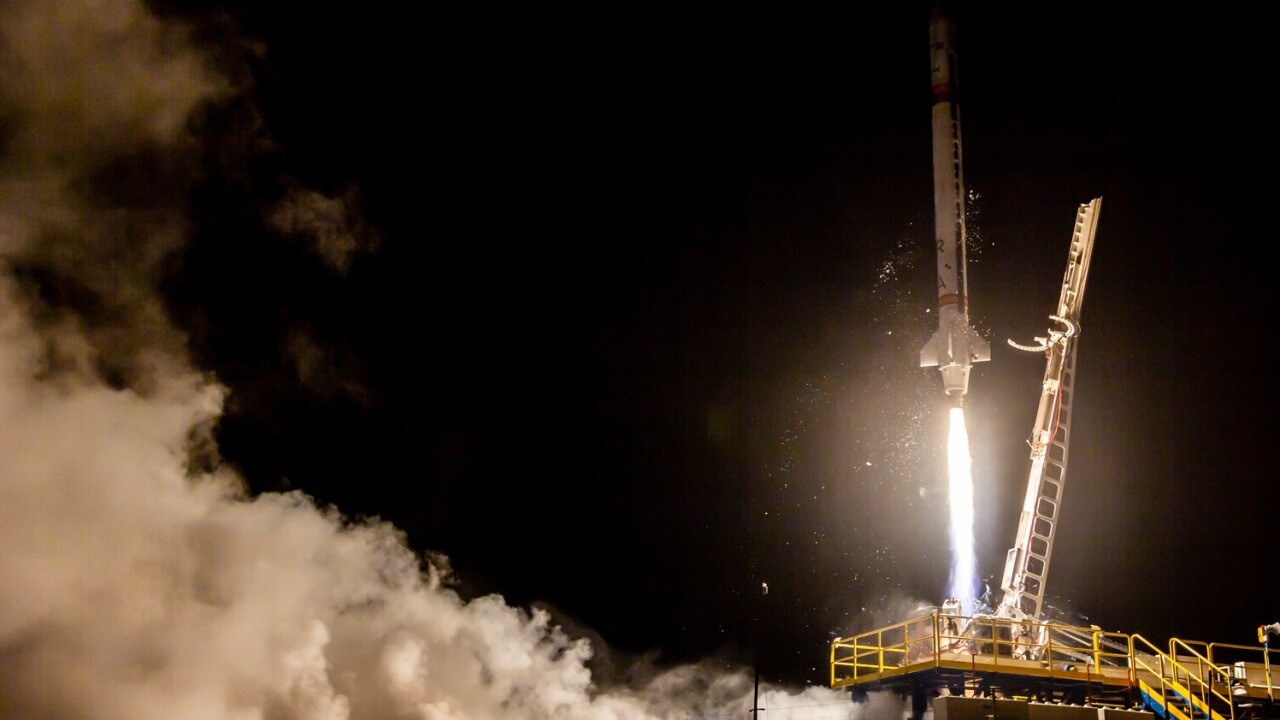
Spanish startup PLD Space successfully blasted the first-ever private European rocket into orbit on Saturday, in a potential turning point for the continent’s struggling space industry.
The first launch of the Miura 1 took place at 02:19 CEST (00:19 UTC) on October 7 from a site in southwest Spain.
The flight lasted 306 seconds. Miura 1 reached a maximum altitude of 46 kilometres, before falling back down to Earth and splashing into the Atlantic Ocean. The company recovered the rocket a few hours later.
This is the first Spanish rocket launch countdown? ⏱
We have demonstrated that we are capable of designing a launcher, manufacturing it and making it fly. We are proud to be able to say that we are generating a national and European strategic capability.
Today more than ever… pic.twitter.com/IbcpoObtZi— PLD Space (@PLD_Space) October 7, 2023
PLD Space said the rocket had a planned apogee of 80 kilometres and a flight time of 12 minutes. However, despite the Miura 1 only reaching half the altitude its mission planners had hoped for, Saturday’s test flight was deemed a success.
“The launch of the Miura 1, the first rocket with 100% Spanish technology, has been a success. A milestone that positions Spain’s research and development at the forefront of space transportation,” said Spain’s acting Prime Minister Pedro Sanchez on social media. The launch makes Spain one of only 10 countries with direct access to space.
Miura 1, named after a famous breed of bull in Spain’s bullfighting tradition, is a suborbital microlauncher that has been privately developed in Europe. It is designed with a two-fold mission: delivering commercial payloads to space and back, and enabling research and technology development in microgravity conditions. It is the first European rocket that’s designed to be recoverable.
Miura 1 is primarily a technology demonstrator for the startup’s much larger Miura 5 small launch vehicle. “This launch culminates over 12 years of relentless effort, yet it marks just the start of our journey,” said Raúl Torres, PLD Space’s launch director and co-founder.
Europe’s efforts to develop capabilities to send small satellites into space faced a major setback in January after a failed orbital rocket launch by Virgin Orbit from the UK. And with Ariane 5 officially decommissioned, the launch of its successor, Ariane 6, delayed once again, and Italy’s Vega C rocket grounded following a launch failure in December — Europe is now without independent access to space satellites.
Eyes are now turning to Europe’s small launch startups to fill the gap. PLD Space faces competition from rivals in Germany, France, and the UK for orbital flights from sites in Scandinavia and Scotland, including Rocket Factory Augsburg and Isar Aerospace.
Following the Miura 1 maiden flight, PLD Space is focusing its attention on the development of Miura 5, which could launch as soon as 2025 and enter service in 2026. The orbital rocket, which features a reusable first stage, will fly from Europe’s Spaceport in Kourou, French Guiana.
Get the TNW newsletter
Get the most important tech news in your inbox each week.




